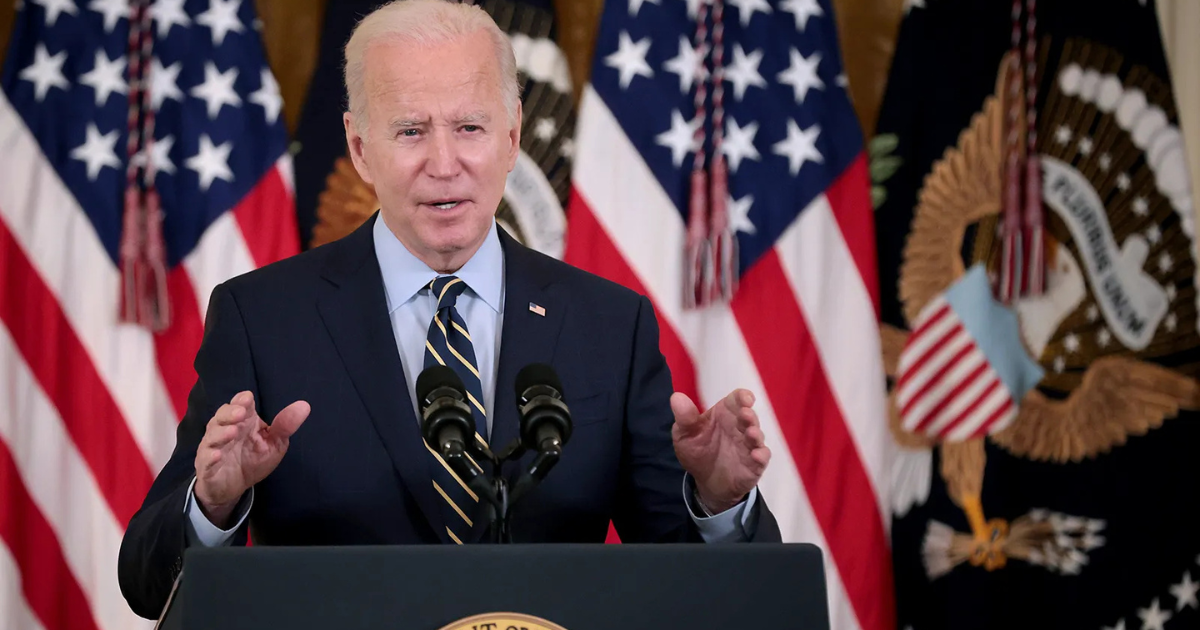Biden new tax rule has kicked up major volatility in the cryptocurrency market. However, it has worried industry participants about the effect on digital assets. To know more about the Biden new tax rule.
Key Takeaways:
- The volatility in the crypto market caused by Biden new tax rule has platforms and DeFi operations forced to report to the IRS under Biden’s rule.
- DeFi, NFT marketplaces, and stablecoin providers are all included in the rule, and it is beset by legal challenges and a clouded future.
Implementation timeline and Market Response
 Biden new tax rule on cryptocurrency transactions have induced significant volatility in the digital asset market. Industry stakeholders have expressed concern with the regulation that was finalized on December 27, 2024.
Biden new tax rule on cryptocurrency transactions have induced significant volatility in the digital asset market. Industry stakeholders have expressed concern with the regulation that was finalized on December 27, 2024.
The rule requires cryptocurrencies and decentralized finance (DeFi) platforms to report extensively. As a result, uncertainty and market fluctuations have followed, this time particularly for major cryptocurrencies.
The Biden new tax rule is expanded to include DeFi platforms, NFT marketplaces, and stablecoin providers. It requires trading platforms to monitor and report every U.S. and international user activity, including transactions, and brings sweeping changes to the industry when implemented in 2027.
Treasury/IRS has finalized their DeFi broker tax reporting rule. Trading front ends would have to track and report on user activity – both US persons and non-US persons- starting in 2027. And it applies to the sale of every single digital asset – including NFTs and even… pic.twitter.com/CtFox668yn
— Bill Hughes : wchughes.eth 🦊 (@BillHughesDC) December 27, 2024
This has led to Bitcoin dropping below $95,000 in the immediate market response. XRP has managed to hold above $2 but is in a precarious position.
The broadening of the regulation has caused concerns of investors and stakeholders. Volatility may continue in the overall market; however, the impact on the overall market remains uncertain.
Legal Opposition and Industry Challenges
 Legal experts have predicted court challenges to Biden’s new tax rule after the cryptocurrency sector has strongly opposed it. Former Department of Justice official Bill Hughes said the regulation has many legal impediments.
Legal experts have predicted court challenges to Biden’s new tax rule after the cryptocurrency sector has strongly opposed it. Former Department of Justice official Bill Hughes said the regulation has many legal impediments.
One big challenge is a lawsuit over Treasury’s authority under the Administrative Procedure Act. The rule, in addition, will undergo Congressional review, and the new administration’s pro-crypto stance could prove to be a pushback.
And these could delay or even block full implementation of the regulation. When the legal case plays itself out, the future of the rule remains unclear.
The Biden new tax rule is the kind of thing that has far-reaching implications, as it means that trading platforms would have to keep record of all digital asset transactions for seven years. Part of what’s included are NFTs and stablecoins, which not only create concerns about privacy but also about operational costs.
Just weeks before a presidential transition, the regulation has increased market uncertainty. The long-term impact on the industry is concerning many other stakeholders.
The price of Bitcoin continues to bounce around after the major cryptocurrencies took a beating this week. Investors are becoming more uncertain about the market’s volatility.
Just as the upcoming January 15 appeal date approaches, XRP is under more pressure as it already has an ongoing SEC case to contend with. The outcome of the case could influence the token’s price and market sentiment for a long time.
Until the new administration takes office, market analysts predict that this regulatory pressure will continue. Much relief and stability can be brought to the market if pro-crypto policies are implemented.
Digital asset category covered by the new regulation is very wide. That applies to cryptocurrency exchanges and trading platforms that have to report.
The regulation also affects DeFi protocol front ends and interfaces, NFT marketplaces, and their creators. They will come under greater regulatory obligation and more scrutiny on these platforms.
In the scope, stablecoin issuers, traders, and custodial wallet providers are also included. As they come into effect, all of these entities must adjust to the new compliance standards.
The measure is defended by the Treasury Department as an essential step to closing the tax gap in digital asset markets and to aligning cryptocurrency trading with traditional securities regulations. But industry leaders say the requirements could stifle innovation and move trading activity offshore.
Conclusion
The future of Biden new tax rule is uncertain. With the incoming Trump administration promising to make the U.S. a crypto hub, a whole new world of policy changes could be afoot.
What do you think the new tax rule will bring to the future of cryptocurrency in the U.S.? Tell us what you thought in the comments.










